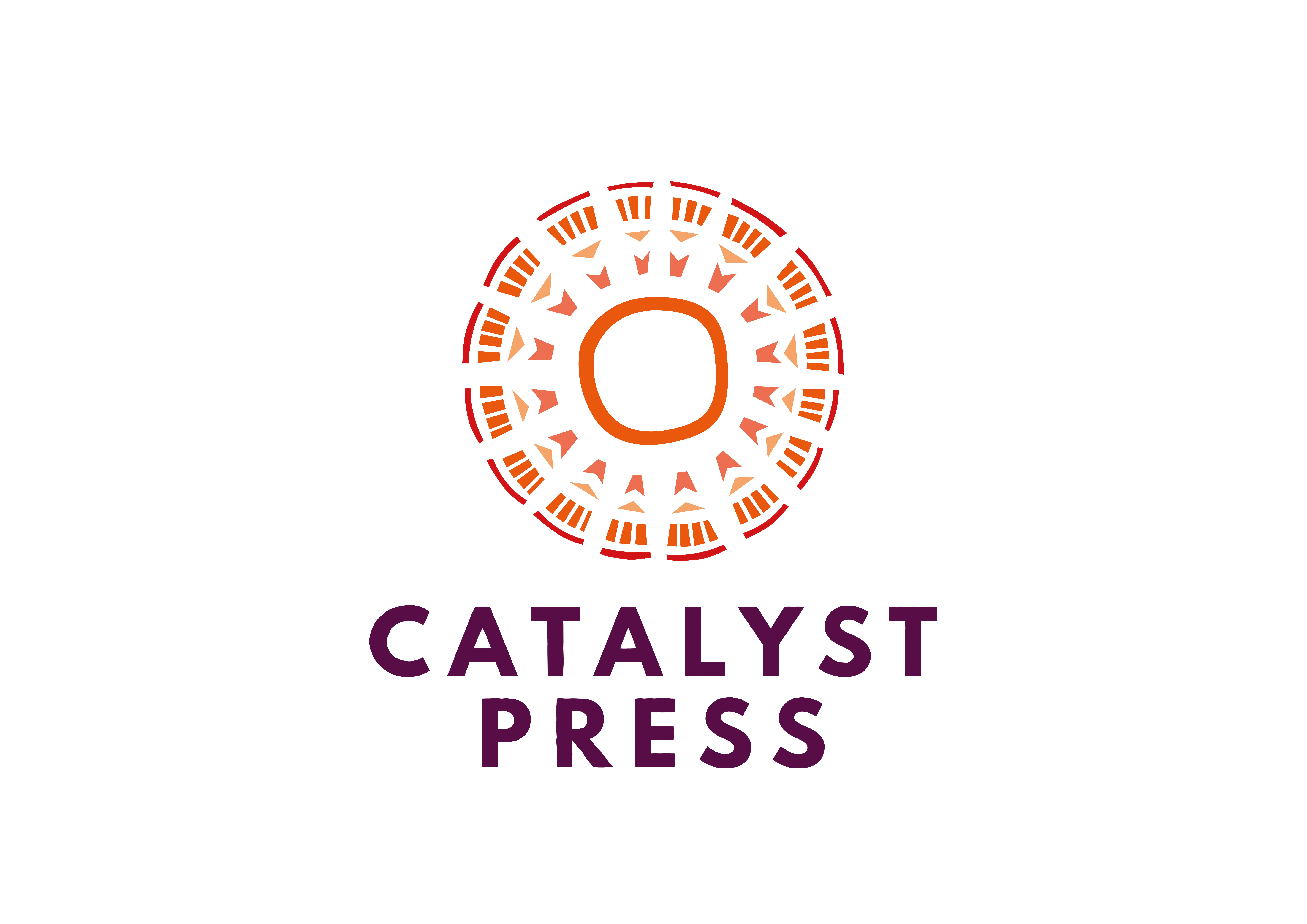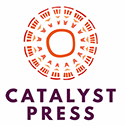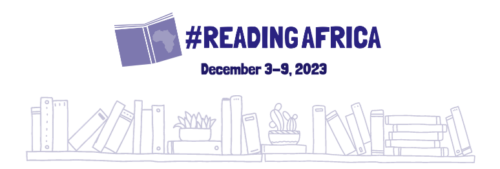Today we focus on West Africa. We begin with a short statement from Aba Amissah Asibon, a Ghanaian writer and an SSDA Inkubator Fellow whose work will be appearing in our forthcoming release, Captive: New Short Fiction from Africa.
Storytelling is a constant reminder that borders are merely arbitrary constructs meant to perpetuate separation and otherness. At the core of it all, there is a shared human experience that drives narratives around the world. It is always such a thrill to know that no matter where a reader is from, they can pick up my writing and see a piece of themselves in it. As a writer, my ultimate goal is to have the reader identify with my characters’ triumphs and shortcomings regardless of tribe, race or nationality. —Aba Amissah Asibon
Working with Short Story Day Africa on two anthologies has been a wonderful opportunity for us to both bring more African voices to more readers, but as readers ourselves, to explore the continent through its emerging writers.
For further reading:
“The four generations: Nigerian literature, the Booker Prize and beyond” The Booker Prize has a great long read by Gazelle Mba on Nigeria’s literary past, present, and future: “Nigerian literature is in dialogue with itself, with its own fraught past, in a concerted effort to understand the nation from which it originates. Nigeria is a nation of deep, seemingly irresolvable contradictions; and its writers appear to be enamoured of the same impossible task: write to discover the truth of who we are as a nation.”
Though this publication focuses on more than West African writing, Open Country Magazine was founded by Nigerian journalist Otosirieze Obi-Young and “It takes its name from the new generation of writers, especially in Nigeria, who are pushing back against censorship and leveraging social media and a newfound confidence to speak up and make the world they want to see.
The African Poetry Digital Portal, a a project of the African Poetry Book Fund, is a “gateway, providing access to and details of digital and print book manuscripts, newspapers and periodicals, newsletters, audio recordings, video recordings, websites, and related collections of African poetry written by Africans from antiquity to the present.” Check out their selections of West African poets.
The Imagine Africa Series is a collection “which aims to celebrate the diverse voices and imaginations of the continent of Africa and its diaspora,” and features poems, essays, fiction, conversations, and visual art. There are several volumes of the collection, but we may be partial to volume three, which was edited by Bhakti Shringarpure, one of the panelists on African Languages, Global Audiences: Publishers and Writers on the Art of Translation, one of our three #ReadingAfrica Week panels.












